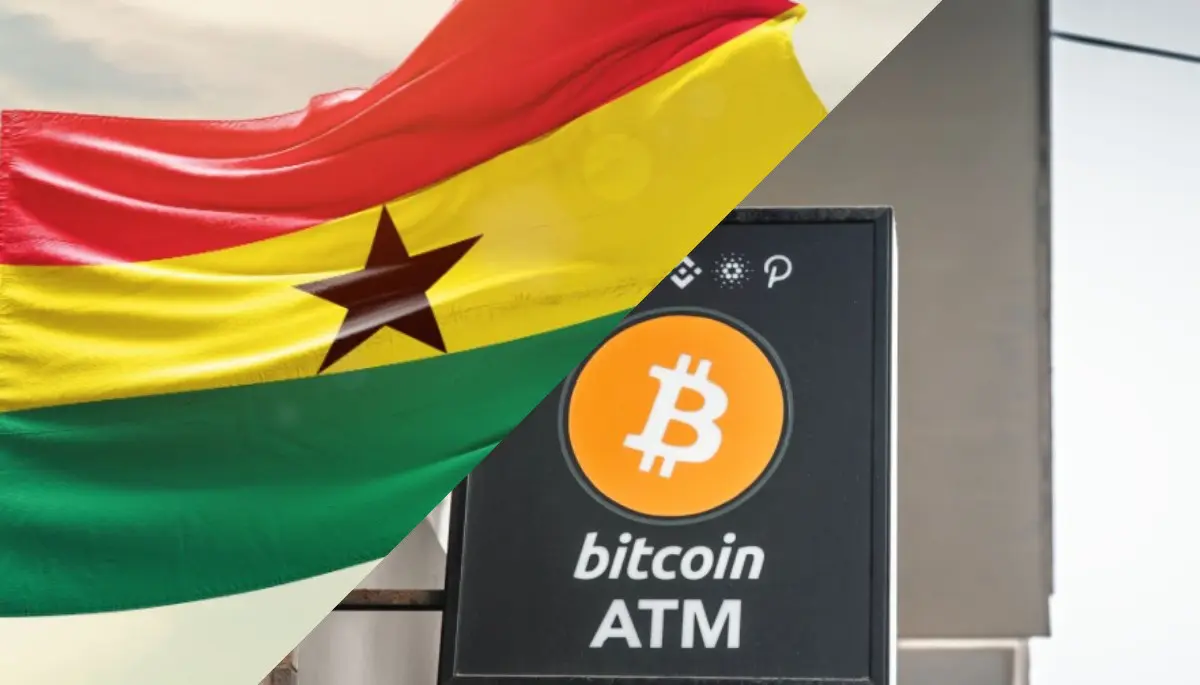Recent developments in Ghana signal a growing recognition of cryptocurrencies within the nation. The Bank of Ghana, led by Governor Johnson Asiama, announced ambitions to introduce a comprehensive legal structure for crypto by the end of 2025, as unveiled during the International Monetary Fund’s fall meeting in Washington.
Significance of Legal Framework
The proposed legislation, which is expected to be submitted to parliament this year, aims not only to provide guidelines but also to establish a dedicated regulatory department for cryptocurrencies. This initiative highlights Ghana’s response to a noticeable shift towards digital currencies in Africa, as multiple countries begin to embrace cryptocurrencies officially.
Status of Implementation and Regulatory Challenges
However, Ghana is in the early stages of building this infrastructure. Currently, the recruitment of staff and training for the regulatory body has not been completed. This delay in establishing a robust regulatory framework may hinder the effective enforcement of rules and regulations.
Growing Demand for Cryptocurrencies
As of now, Ghana boasts over three million adult users of digital currencies, which is approximately 8.9% of the population. The Bank of Ghana reported that from July 2023 to June 2024, transactions involving cryptocurrencies reached an impressive €2.8 billion. This rapid increase in crypto activities emphasizes the pressing need for straightforward and clear regulations to mitigate risks associated with misuse and fraud. Many Ghanaians have turned to cryptocurrencies for payments, savings, and remittances, especially for safeguarding against inflation pressures on the local currency, the cedi.
Regional Context and Trends
The regulatory efforts in Ghana come at a time when other African nations, such as Kenya and Nigeria, are also advancing their legal frameworks for virtual assets. Kenya recently passed the Virtual Asset Service Providers Bill, which outlines requirements for licenses and consumer protection, while Nigeria has enacted similar regulations. Ghana’s legislation is seen as an important movement towards syncing its standards with other countries in the region, ultimately leading to a more secure and regulated crypto market in West Africa.
Conclusion: The Road Ahead
As the Bank of Ghana continues working on its proposed legislation, it marks a pivotal moment in the country’s financial landscape. The anticipated regulatory framework not only aims to protect consumers but also to foster innovation within the digital finance sector. If successful, Ghana could pave the way for a better-managed cryptocurrency environment, setting an example for neighboring countries looking to modernize their financial systems.


